Depression and Addiction

By The Recovery Village
Medical Reviewer Audrey Howitt, JD, LMFT | Editor Melissa Carmona
Last Updated: March 24, 2023
Editorial Policy | Research Policy
Depression and addiction often co-occur, and each disorder can worsen the other. Treating both conditions simultaneously is often necessary for long-term recovery.
Depression and addiction can go hand-in-hand. The National Bureau of Economic Research reports that people who have had a mental illness at some point in their lives (43% of the U.S. population) consume 69% of the nation’s alcohol and 84% of the nation’s cocaine. Studies have found that when someone with a depressive disorder abuses alcohol, both disorders are impacted and often become more severe. In the same vein, major depressive disorder is the most common co-occurring mental health condition among those with alcohol use disorder (AUD).
The Connection Between Depression and Drug Addiction
Major depressive disorder is the most common psychiatric disorder in the United States. Some 10% to 15% of people in the U.S. will suffer from depression at some point in their lives. Dysthymia, a chronic but less severe depressive disorder, affects approximately 2% of people.
The causes of depression can be complicated. The changes in brain chemistry that lead to depression can occur for many reasons, including:
- Genetics
- Trauma
- Stress
- Prior personal history of depression
- Medical conditions, illnesses and medications
- Substance use
We also know regular or heavy drinking in teens and adults heightens their risk for depression and dysthymia. Adding substance use to an already altered brain chemistry can alter the brain’s chemistry further, triggering depressive symptoms.
For some, depression comes first, and substance use may be an unhealthy way to cope with depression symptoms. For others, substance use may come first, causing or contributing to the person’s depression. Therapists and clinicians often consider the timeline of their clients’ disorders when developing a dual diagnosis treatment plan.
Treatment of Co-Occurring Depression and Substance Use
Treating co-occurring depression and substance use can be tricky but is necessary for long-term recovery. Treating substance abuse alone may not help with ongoing depression or be effective if depression is driving the substance abuse. Studies show a higher risk of poorer outcomes, like relapse, for both disorders when they are not treated at the same time.
The Recovery Village Cherry Hill at Cooper offers dual diagnosis treatment, which treats both disorders together. This program is specially equipped to handle the needs of clients with co-occurring disorders.
Therapy
Cognitive-behavioral therapy (CBT) is a valuable treatment tool for these co-occurring disorders at all levels of care. CBT seeks to help the client change their thoughts and behaviors, ultimately allowing them to live a happier and more fulfilling life. It can help with:
- Reducing substance use
- Coping with depressive symptoms
- Managing responses to triggers
- Developing strategies for relapse prevention
Medication
Treating substance use disorder begins with detoxification, in which the body slowly rids itself of substances. During detox, medicationssuch as naltrexone for alcohol dependence or buprenorphine for opioid dependence may ease withdrawal symptoms. This can help a client feel hope even in the early stages of treatment. In turn, hope can play a role in easing depressive symptoms.
For those clients whose depression symptoms continue beyond detox and into early recovery, selective serotonin reuptake inhibitors (SSRIs), such as Zoloft or Paxil, may be helpful. If the client experiences thoughts of suicide or severe depressive symptoms, other medical interventions may be necessary.
What Is Depression?
Depression is a catch-all term for several mood disorders that share depressive symptoms among them. These disorders affect how a person thinks, acts and feels. People with a depressive disorder may feel sad, hopeless or lose interest in their normal activities. Those who suffer from depression may experience symptoms over a long, continuous time or in short episodes.
These feelings are different from those experienced as a result of loss or grief. They are more intense and interfere with daily living, so getting mental health treatment is often necessary.
Common Types of Depression
Depression varies from person to person, so there are several types. Some of the more commonly known depressive disorders include:
- Major depressive disorder is a severe type of depression involving the presence of five or more symptoms for a period of at least two weeks, one of which must be depressed mood or loss of interest in activities (anhedonia).
- Persistent depressive disorder (dysthymia) is a milder but more chronic form of depression that needs at least two years of depressed mood and at least two additional symptoms to be diagnosed, such as difficulty with appetite, sleep, energy, self-esteem, concentration, or decision-making, and feelings of hopelessness
- Substance/medication-induced depressive disorder is when a person experiences depressed mood or anhedonia during and shortly after substance use or withdrawal. It usually gets better after three to four weeks of abstinence.
- Postpartum depression is the large fluctuation in hormone levels after giving birth can cause depression. Symptoms usually start within four weeks of birth and may last up to six months.
- Bipolar depression is a mood disorder is marked by fluctuations between depressive and manic episodes with associated symptoms of each. Because of these fluctuations, a person may move rapidly between these two states.
FAQs
Why do individuals with depression use drugs?
People suffering from depression may seek to alleviate their symptoms with alcohol, cannabis, stimulants or other drugs.
Why does alcohol cause depression?
Alcohol changes brain chemistry. It is a central nervous depressant and can reduce the amount of serotonin and dopamine in the brain. Heavy or ongoing use may lead to depressive symptoms.
Can drugs cause depression?
Yes. Heavy or ongoing drug use changes brain chemistry, which can lead to depression and other mental health disorders.
What does depression feel like?
Depression moves beyond simple feelings of sadness. It feels pervasive and heavy. For some, they may experience feelings of anxiety, agitation or a loss of pleasure in life. Many have sleep and weight disturbances or experience extreme lethargy. Just getting out of bed in the morning can feel overwhelmingly difficult.
How do I know if I am depressed?
If you’re wondering if you may be depressed, it is time to seek help. If symptoms worsen or persist for more than two weeks, it is time to seek help. When suicidal thoughts are present, a person will need help immediately.
Who can diagnose co-occurring depression and substance use?
Assessment of co-occurring disorders requires a licensed clinician. Psychiatrists, psychotherapists and physicians experienced with mental health issues can make the diagnosis. In some states, licensed clinical social workers can also diagnose co-occurring mental health disorders.
Are medications for treating depression addictive?
People do not experience an increase in tolerance or physical dependence on antidepressant medications, so they aren’t generally considered addictive. However, some people may experience minor withdrawal symptoms when they stop using an antidepressant.
Depression Symptoms
While symptoms vary from one type of depressive disorder to another, some of the more commonly encountered symptoms for depression in general include:
- Depressed or irritable mood
- Loss of interest or pleasure in most activities
- Unintentional weight/appetite gain or loss
- Sleep disturbances
- Noticeable agitation or lethargy
- Fatigue, low energy
- Feelings of worthlessness
- Excessive and inappropriate feelings of guilt
- Impaired concentration or inability to think
- Recurrent thoughts of death, suicide or attempted suicide
- Physical pains and aches
These symptoms vary from person to person. Untreated, depression can last for months.
Effects of Substance Use on Depression Symptoms
Alcohol and other drugs can make depression worse. They can also interfere with medications being used to treat depression, making them less effective.
- Alcohol: Alcohol is a central nervous system depressant, making any depressive symptoms worse. It can also interfere with depression medications, especially SSRIs.
- Marijuana: Very little research currently exists around marijuana and depression, so doctors advise caution. Using cannabis may feel like symptom relief in the short term, but there is little evidence that it helps in the long run.
- Stimulants: Because stimulants increase energy and alertness, a person may want to use them to help with depression symptoms. There is some research that selective stimulants may provide some relief. However, stimulants can be addictive, and having depression and addiction at the same time can worsen both.
Helping Someone with Depression and Addiction
The best recovery outcomes for co-occurring disorders come from coordinated treatment of all disorders. Not all treatment centers are equipped to treat dually diagnosed clients. However, in the New Jersey area, you can get help at The Recovery Village Cherry Hill at Cooper. Our treatment facility provides both inpatient and outpatient services for co-occurring addiction and mental health disorders. Contact us today to learn about treatment options that can start you on the path to long-term recovery.
Questions?
Our Recovery Advocates are ready to answer your questions about addiction treatment and help you start your recovery.
Sources
Bussing-Birks, M. ”Mental Illness and Substance Abuse.” National Bureau of Economic Research, 2002. Accessed on November 11, 2021.
McHugh, R. K., & Weiss, R. D. “Alcohol Use Disorder and Depressive Disorders.” Alcohol Research: Current Reviews, 2019. Accessed on November 11, 2021.
Substance Abuse and Mental Health Services Administration. “DSM-5 Changes: Implications for Child Se[…]motional Disturbance.“ June 2016. Accessed on November 12, 2021.
Saveanu, Radu V.; Nemeroff, Charles B. “Etiology of Depression: Genetic and Environmental Factors.” Psychiatric Clinics of North America, March 2012. Accessed on November 13, 2021.
Nunes, E. V., & Levin, F. R. “Treatment of Co-occurring Depression and[…]ical Recommendations.” Psychiatric Annals, November 1, 2008. Accessed on November 15, 2021.
Carroll K. M. “Behavioral therapies for co-occurring su[…]e and mood disorders.” Biological Psychiatry, November 15, 2004. Accessed on November 15, 2021.
McHugh, R. K., Hearon, B. A., & Otto, M. W. “Cognitive behavioral therapy for substance use disorders.” The Psychiatric Clinics of North America, September 2010. Accessed on November 15, 2021.
National Institute of Mental Health. “Depression.” February 2018. Accessed on November 15, 2021.
Miller, LJ. “Postpartum Depression.” JAMA Network. February 13, 2002. Accessed on November 15, 2021.
National Institute on Drug Abuse. “Health Consequences of Drug Misuse: Mental Health Effects.” June 15, 2020. Accessed on November 15, 2021.
Haddad, P. “Do antidepressants have any potential to cause addiction?” Journal of Psychopharmacology, 1999. Accessed on November 15, 2021.
Cuttler, C., Spradlin, A., McLaughlin, R. “A naturalistic examination of the p[…]s on negative affect.” Journal of Affective Disorders, August 2018. Accessed on November 15, 2021.
Pary, R., Scarff, J. R., Jijakli, A., Tobias, C., & Lippmann, S. “A Review of Psychostimulants for Adults With Depression.” Federal Practitioner, April 2015. Accessed on November 15, 2021.



